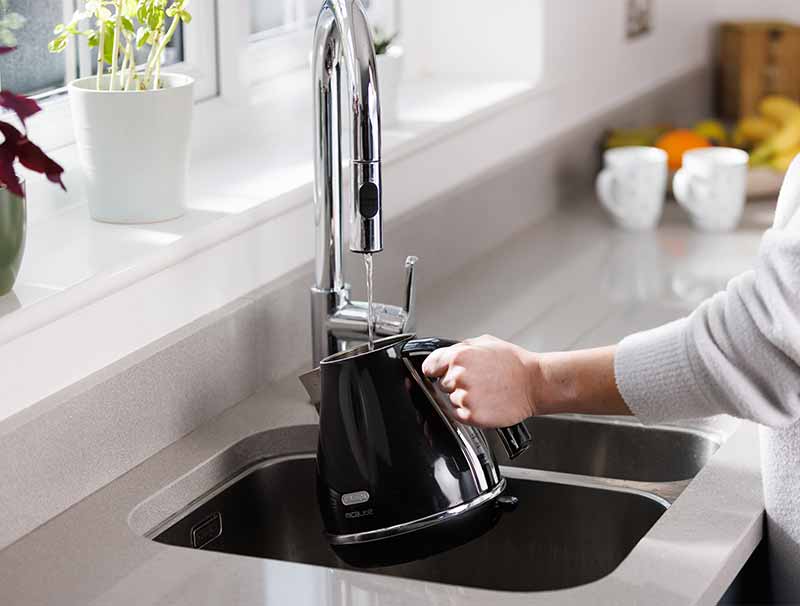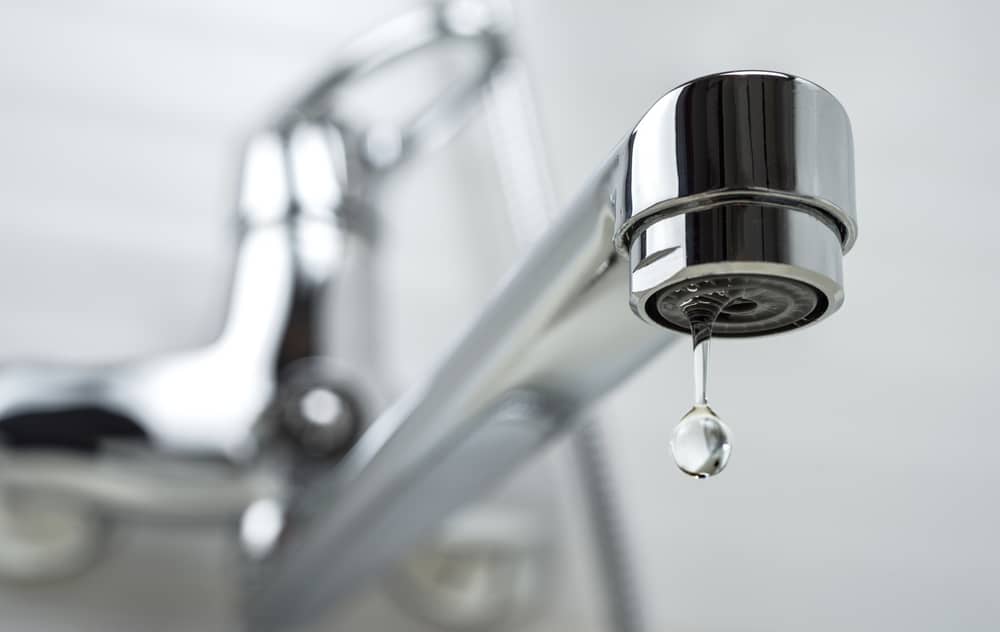Our Complete Advice to Resolving Low Water Pressure in Your Home
Our Complete Advice to Resolving Low Water Pressure in Your Home
Blog Article
This great article underneath involving Low Water Pressure in the House? is fairly fascinating. Don't skip it.

Low tide stress in your home can be a discouraging issue, affecting every little thing from bathing to cleaning recipes. If you're experiencing weak water flow, there are a number of possible reasons and options to check out. In this overview, we'll discuss common factors for low water pressure and functional steps to deal with the concern properly.
Intro to Low Water Pressure
Low tide stress occurs when the flow of water from your faucets, showers, and other fixtures is weak than typical. This can make everyday jobs a lot more difficult and less efficient. Comprehending the sources of low water pressure is important to discovering the right remedy.
Usual Reasons For Low Water Pressure
Faulty Pressure Regulators
Pressure regulators are responsible for keeping constant water pressure in your home. If they malfunction, it can cause low water stress or uneven flow throughout the house.
Metropolitan Water System Issues
Sometimes, the trouble exists outside your home. Metropolitan water issues, such as main line leakages or upkeep job, can momentarily lower water pressure in your area.
Pipeline Obstructions
With time, pipelines can end up being clogged with mineral deposits, sediment, or particles, restricting the flow of water. This is a common concern in older homes with galvanized steel pipes.
Deterioration
Corrosion within pipes can bring about leakages and minimized water stress. Rust accumulation can tighten water circulation, especially in maturing plumbing systems.
Just How to Identify Low Water Pressure
Checking Pipelines
Examine noticeable pipelines for signs of leaks, rust, or obstructions. Take notice of any uncommon sounds, such as knocking or rattling pipelines, which can suggest problems within the plumbing system.
Consulting with a Plumber
If you're not able to identify the source of low tide stress, consider working with a specialist plumber to conduct a comprehensive assessment. They can determine underlying issues and recommend suitable solutions.
Examining Taps and Components
Beginning by evaluating the water stress at different faucets and components throughout your home. If the issue is isolated to details areas, it may show local problems.
DIY Solutions to Fix Low Tide Pressure
Flushing Water Heater
Sediment buildup in the water heater can limit flow and decrease efficiency. Flushing the storage tank periodically aids get rid of debris and keep optimal efficiency.
Inspecting Pressure Regulator
Make certain that the pressure regulatory authority is operating correctly. Readjusting or replacing the regulatory authority can help restore correct water pressure throughout your home.
Cleaning Aerators and Showerheads
Mineral deposits can gather in aerators and showerheads, reducing water flow. Eliminate and clean up these components regularly to boost water stress.
Cleaning Clogs in Pipeline
For minor blockages, attempt utilizing a plumbing serpent or chemical drainpipe cleaner to clear blockages in pipelines. Be cautious when using chemicals and adhere to security standards.
When to Call an Expert Plumber
If DIY efforts fall short to settle the issue or if you believe significant plumbing problems, it's best to seek support from a certified plumber. They have the experience and devices to resolve complex problems securely and successfully.
Safety Nets to Keep Water Pressure
Mounting a Stress Booster
Take into consideration installing a stress booster pump to boost water pressure in locations with consistently reduced flow. This can be especially useful for multi-story homes or buildings with high-demand fixtures.
Surveillance Water Usage
Bear in mind water usage habits and prevent overtaxing the plumbing system. Simple modifications, such as staggering showers and washing lots, can help maintain adequate water stress.
Regular Maintenance
Arrange regular upkeep for your plumbing system to stop problems such as rust, leakages, and blockages. Resolving minor problems early can aid stay clear of even more substantial repair work later.
Verdict
Dealing with low water pressure can be discouraging, but determining the underlying causes and applying appropriate solutions can bring back ideal flow throughout your home. Whether it's cleaning up aerators, checking pipes, or seeking advice from a plumber, taking positive actions can make certain a stable supply of water for your daily requirements.
How to Fix Low Water Pressure In Your Home
Municipal Water Supply Issues
Scheduled maintenance, high demand, and water main breaks are all potential causes for low water pressure within a city or county’s water lines. While there’s not much you can do to personally fix a problem with your city or county’s water supply system, you can play a big role in documenting the issue and alerting those who can.
How to fix it:
Ask your neighbors if they are experiencing any issues with low water pressure. If multiple homes are affected, it’s likely related to the city’s water line. Contact the local Water Authority to see if there is any maintenance taking place that might be affecting your supply. Also let them know of your specific issues. If other homeowners report the same issues, they’ll know that there could be a larger issue to look into. Faulty Fixtures
A damaged or clogged shower head, faucet or appliance is the first thing we’d suggest checking, especially if low water pressure appears to be isolated to a specific area of your home.
How to fix it:
First, turn off the main water supply to your home. Check the affected appliances for build-up or debris. In the case of a faucet, you can simply unscrew the aerator at the tip of the faucet. Showerheads should be fully detached from the water pipe. While the appliances are detached, you may want to check the water supply to determine if the fixtures were in fact the issue. To clean, soak the showerhead or aerator in vinegar and brush off any visible debris. Reattach the fixtures and check the water pressure again. If it is still low, there is likely a deeper issue at hand, which can be determined by a professional plumber. Pipe Obstructions
Mineral deposits, rust or other debris within water pipes can lead to blockages or corrosion over time.
How to fix it:
When you think of a clog, you probably think of a drain clog. While there are many DIY solutions to clearing a drain, clogs in a water pipe will almost always require the help of a professional plumber. A plumber will be able to locate the affected pipe and clean out any debris or mineral deposit buildup. In severe cases, the pipe may need to be replaced. Your plumber might also recommend a water softening system to remove the minerals from your home’s water supply that can contribute to pipe blockages over time.
Plumbing Leak
Undetected water line leaks can divert water away from your residential pipes, reducing the water pressure in your fixtures.
How to fix it:
Check your water meter by turning off all water sources and monitoring the meter for any movement, which could be a clear indicator of a potential leak. Check all visible pipes for signs of leaking, including water stains, active dripping or damp spots around the pipe. Inspect fixtures, including faucets and showerheads, for any drips. Test the pressure but recording the pressure with the main water valve shut off. Leave off for a few hours and test again. A significant drop in pressure is a clear sign of a leak. https://kiddcoplumbing.com/plumbing-blog/how-to-fix-low-water-pressure/

I found that entry about Low Water Pressure in the House? when doing a lookup on the search engines. For those who enjoyed reading our blog entry kindly don't forget to pass it around. Thanks a lot for your time. Come back soon.
Book Instantly Report this page